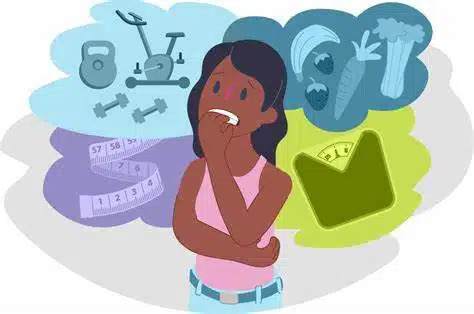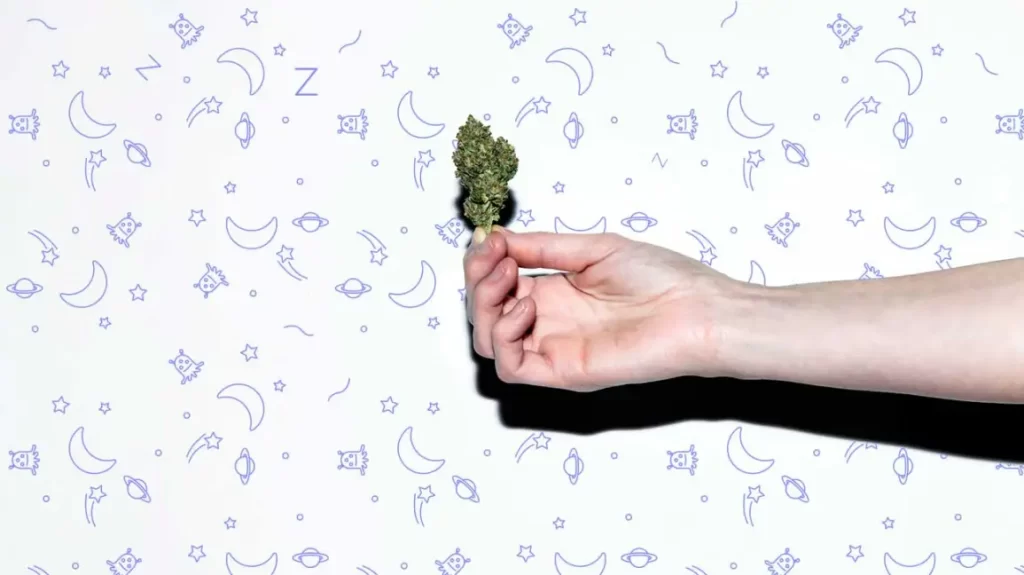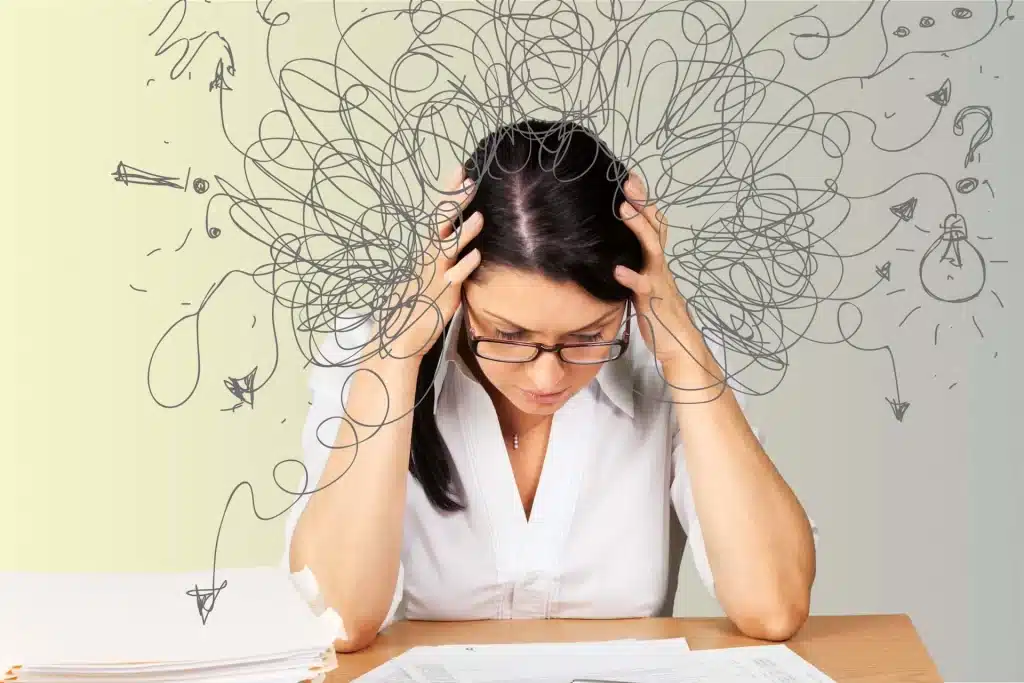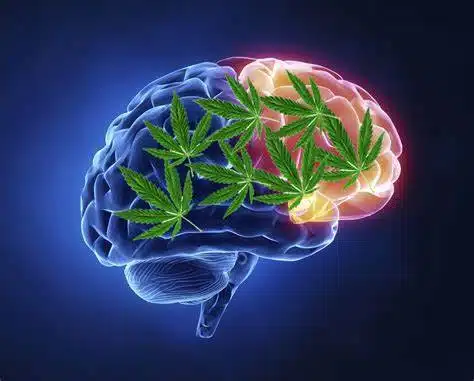Weed 101: Treating Eating Disorders

Weed 101: Treating Eating Disorders
Welcome to Weed 101, where we explore the fascinating world of cannabis and its potential benefits. In this article, we will delve into the topic of treating eating disorders with the help of marijuana. Eating disorders can be debilitating conditions that affect both physical and mental health. However, recent research suggests that cannabis may offer some relief and support for individuals struggling with these disorders. So, let’s dive in and explore how marijuana can potentially make a positive impact on those dealing with eating disorders.
Understanding Eating Disorders
Before we discuss the potential benefits of cannabis in treating eating disorders, it’s important to understand what these disorders entail. Eating disorders are complex mental health conditions characterized by abnormal eating habits and severe distress about body weight or shape. The most common types of eating disorders include anorexia nervosa, bulimia nervosa, and binge eating disorder.
The Role of Cannabis in Treating Eating Disorders
-
Appetite Stimulation: One of the primary symptoms of eating disorders is a loss of appetite. Cannabis has long been known for its ability to stimulate appetite, commonly referred to as the “munchies.” By activating certain receptors in the brain, marijuana can help increase hunger and promote a healthier relationship with food.
-
Reducing Anxiety: Anxiety often accompanies eating disorders, making it difficult for individuals to relax and enjoy their meals. Cannabis has been shown to have anxiolytic properties, meaning it can help reduce anxiety levels. By calming the mind and promoting relaxation, marijuana may help individuals with eating disorders feel more at ease during meal times.
-
Pain Management: Some individuals with eating disorders may experience physical pain, such as gastrointestinal discomfort or inflammation. Cannabis has been used for centuries as a natural pain reliever. The cannabinoids found in marijuana, such as THC and CBD, can help alleviate pain and provide much-needed relief for those suffering from eating disorders.
-
Mood Enhancement: Depression and mood swings are common among individuals with eating disorders. Cannabis has been shown to have mood-enhancing effects, potentially helping to lift spirits and improve overall well-being. By boosting mood, marijuana may contribute to a more positive mindset and a healthier relationship with food.
-
Body Image Perception: Distorted body image perception is a significant challenge for individuals with eating disorders. Cannabis has been reported to alter body image perception temporarily, allowing individuals to see themselves in a more positive light. This shift in perception may help combat negative body image thoughts and promote self-acceptance.
How to Incorporate Cannabis in Eating Disorder Treatment
It’s important to note that incorporating cannabis into eating disorder treatment should be done under the guidance of a healthcare professional. Here are some considerations to keep in mind:
-
Consult a Healthcare Professional: Before using cannabis as part of your treatment plan, consult with a healthcare professional who is knowledgeable about both eating disorders and medical marijuana. They can provide personalized advice and guidance based on your specific needs.
-
Choose the Right Strain: Different strains of cannabis have varying effects. Some strains are more energizing, while others are more relaxing. When treating eating disorders, it may be beneficial to choose strains that promote relaxation and appetite stimulation.
-
Start with Low Dosages: If you are new to cannabis, it’s essential to start with low dosages and gradually increase as needed. This approach allows you to gauge your tolerance and find the optimal dosage for your symptoms.
-
Consider Different Consumption Methods: Cannabis can be consumed in various forms, including smoking, vaping, edibles, tinctures, and more. Experiment with different methods to find the one that works best for you and your specific needs.
-
Monitor and Adjust: As with any treatment, it’s crucial to monitor your progress and adjust accordingly. Keep track of how cannabis affects your appetite, mood, and overall well-being. Regularly communicate with your healthcare professional to ensure you are on the right track.
Types of Eating Disorders
There are several types of eating disorders, each with its own unique characteristics and symptoms. Here are some of the most common eating disorders:
-
Anorexia Nervosa: Anorexia nervosa is characterized by an intense fear of gaining weight and a distorted body image. Individuals with anorexia often restrict their food intake severely, leading to significant weight loss and malnutrition.
-
Bulimia Nervosa: Bulimia nervosa involves a cycle of binge eating followed by compensatory behaviors such as self-induced vomiting, excessive exercise, or the misuse of laxatives or diuretics. Individuals with bulimia often feel a lack of control during binge episodes and are preoccupied with their body shape and weight.
-
Binge Eating Disorder: Binge eating disorder is characterized by recurrent episodes of consuming large amounts of food in a short period, accompanied by a feeling of loss of control. Unlike bulimia, individuals with binge eating disorder do not engage in compensatory behaviors.
-
Avoidant/Restrictive Food Intake Disorder (ARFID): ARFID is characterized by a persistent avoidance or restriction of food intake, leading to inadequate nutrition and weight loss. Unlike anorexia, individuals with ARFID do not have body image concerns but may have sensory issues or fear of certain foods.
-
Other Specified Feeding or Eating Disorder (OSFED): OSFED is a category that includes eating disorders that do not meet the specific criteria for anorexia, bulimia, or binge eating disorder. It encompasses a range of symptoms and behaviors related to disordered eating.
Conclusion
While cannabis shows promise in treating eating disorders, it’s important to approach its use with caution and under professional guidance. The potential benefits of marijuana in appetite stimulation, anxiety reduction, pain management, mood enhancement, and body image perception can be valuable tools in the treatment of eating disorders. However, it’s crucial to remember that every individual is unique, and what works for one person may not work for another. If you or someone you know is struggling with an eating disorder, reach out to a healthcare professional who can provide the necessary support and guidance.
Remember, if you’re looking for a reliable online dispensary to purchase high-quality cannabis products, Ganja West Online Dispensary is an excellent choice. With a wide range of products, including concentrates, edibles, vapes, tinctures, and more, Ganja West offers convenient delivery and a user-friendly online store. Visit Ganja West Online Dispensary today and experience the benefits of cannabis for yourself. If you are interested in buying weed online and THC products, check out Ganja West online weed dispensary and shop for your weed online and cannabis products at ganjawest.co!












